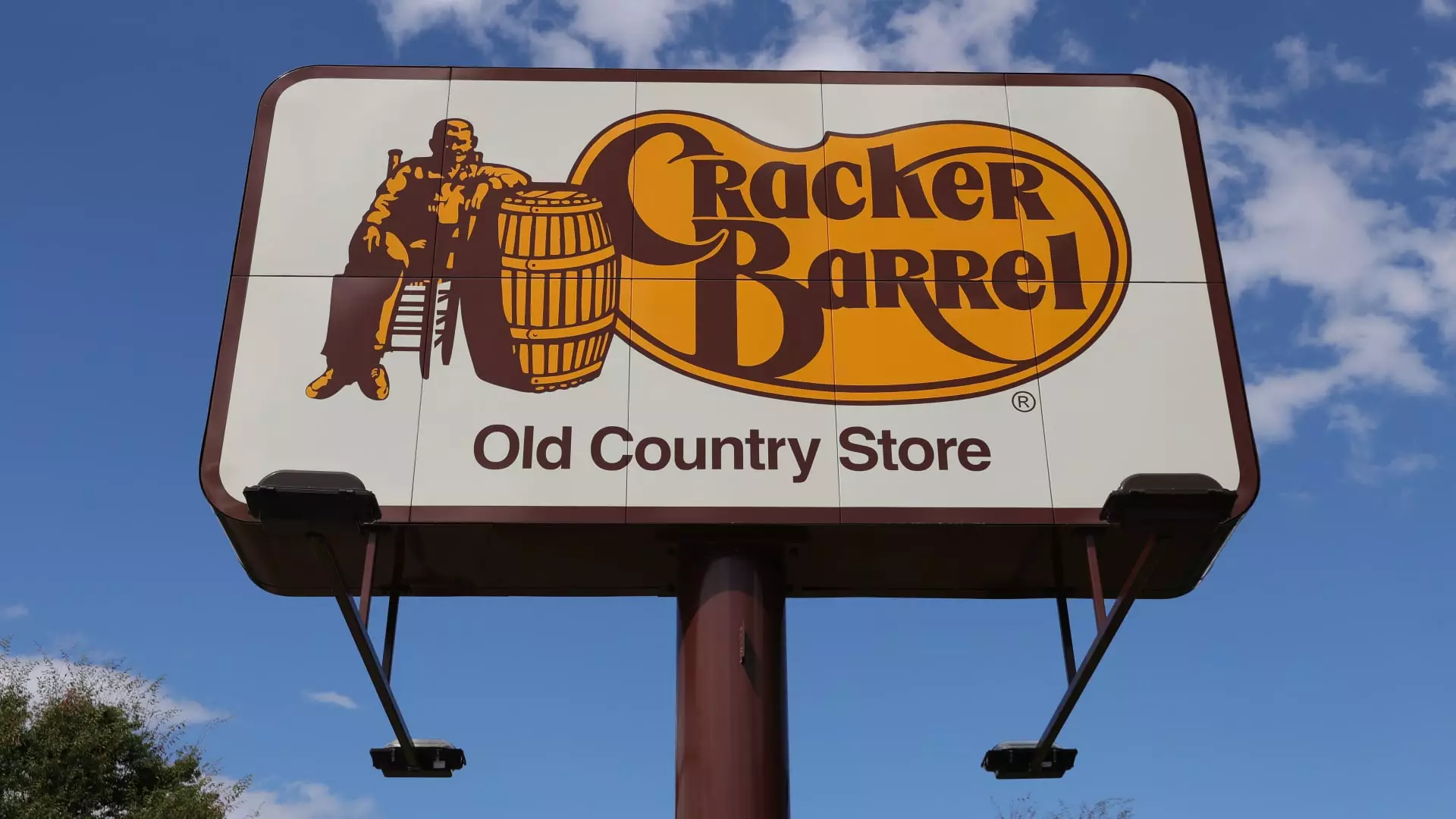Cracker Barrel’s recent decision to suspend its restaurant remodels reveals a profound disconnect between corporate ambitions and customer identity. At its core, this incident underscores the tension between modernization and retaining a cherished sense of authenticity. In an era where brands often chase fleeting trends, Cracker Barrel’s attempt to reinvent itself was rooted in the desire to appeal to contemporary aesthetics. However, the backlash exposes a monumental oversight: neglecting the emotional bonds that customers have with the brand’s traditional Americana. The consumer response was swift and fierce, revealing that nostalgia isn’t just window dressing but the soul of this restaurant’s appeal. The decision to halt remodeling suggests that, at least for now, the company recognizes the peril in dismissing their core audience’s values for superficial modernization.
Corporate Overreach and the Power of Consumer Voice
The controversy extends beyond mere design choices; it highlights the rising influence of consumers in shaping corporate direction. The initial logo overhaul, dropping the beloved “Uncle Herschel” and opting for sleeker branding, felt like an abandonment of the very roots that made Cracker Barrel distinctive. The backlash, amplified by social media and stirred even by political figures like Donald Trump, underscores a growing sense of owning one’s cultural symbols. When a company dismisses the feedback of its clientele, especially on issues tied to heritage and tradition, it risks alienating its base. Cracker Barrel’s swift reversal signals a recognition that corporate rebranding cannot occur in a vacuum—consumer sentiment is now a powerful force, and ignoring it can lead to significant financial and reputational repercussions.
The Broader Cultural Implications
This incident isn’t isolated; it reflects a broader cultural struggle over identity and authenticity in a rapidly changing society. Many corporations are eager to portray modernity and progress, but at what cost? For some, these attempts feel like concessions to a relentless march of globalization and secularization that threaten local traditions and regional identities. Cracker Barrel’s focus on Americana—rocking chairs, fireplaces, antiques—serves as a bulwark against these incursions, offering a nostalgic refuge for many Americans. Their decision to pause remodels and reinstating the original branding is a tacit acknowledgment that commercial success must be harmonized with cultural sensitivity. It’s also a reminder that the market values authenticity—over polished, superficial change that risks erasing the very essence that makes a brand relatable and beloved.
Lessons in Authenticity and Respect
Ultimately, Cracker Barrel’s ordeal offers a lesson to corporations everywhere: the quest for modernization must be grounded in respect for the cultural symbols that forge genuine consumer loyalty. The company’s initial push for a sleeker image, while seemingly innocuous, triggered a visceral reaction because it disregarded the emotional underpinnings of their customer base. The hurried retreat reminds us that progress isn’t synonymous with erasure, but rather a careful evolution honoring tradition. As consumers, we are increasingly advocating for brands that stay true to their roots amidst a world of rapid change. Cracker Barrel’s decision to revert emphasizes that meaningful connection—more than surface-level aesthetics—remains the cornerstone of longstanding brand loyalty.

